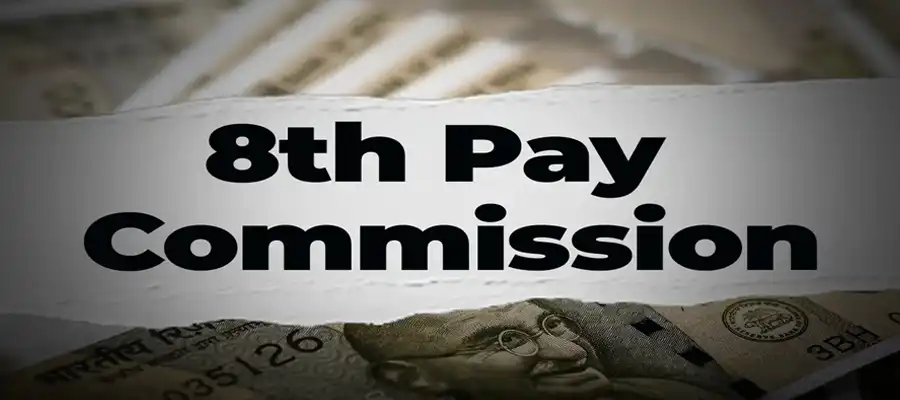The 8th Pay Commission is expected to introduce sweeping changes to the salaries of central government employees in India, with hoped-for salary raises ranging from ₹14,000 to ₹19,000 per month. This article examines the impact of this commission, delving into its establishment, potential raises, and the general effect on government employees and pensioners.
Understanding the 8th Pay Commission
What is the Pay Commission?
Pay Commission is an advisory body, which is appointed by the government, to consider and suggest changes in salaries of central government personnel and pensioners. Formed around every decade, it studies the economic scenario, inflation, and cost of living to recommend amendments that would make public servants reasonably compensated.
Formation Timeline
The 8th Pay Commission will be formed in April 2025. Its suggestions will likely be adopted by 2026 or 2027. This is consistent with past commissions, which usually take time to collect data and meet with stakeholders before submitting their reports.
Salary Hikes Anticipated
Projected Salary Hikes
As per a report by Goldman Sachs, the median salaries of central government employees may rise considerably. While today a mid-level staffer takes home around ₹1 lakh a month before taxes, the following expected salary increases based on different budget outlays are expected:
-
With an allocation of ₹1.75 lakh crore: Salary can go up to ₹1,14,600 per month.
-
With an allocation of ₹2 lakh crore: Salary can go up to ₹1,16,700 per month.
-
With an allocation of ₹2.25 lakh crore: Salary may go up to ₹1,18,800 per month.
These estimates indicate that the introduction of the 8th Pay Commission may result in a total hike of 14% to 19% in salaries of government servants.
Factors Affecting Salary Hikes
Fitment Factor Considerations
One of the critical points of the Pay Commission recommendations is the fitment factor that decides the degree to which the salaries will be hiked. The last 7th Pay Commission had employed a fitment factor of 2.57 times the basic pay. The employee unions in the next commission are demanding either the same or a higher factor.
Experts say that if the fitment factor stays at 2.57 or even rises to 2.86, it may drastically increase minimum wages in different pay grades. Some estimates indicate that this may push the minimum basic pay from ₹18,000 to around ₹51,480 per month.
Consultation with Stakeholders
The commission will consult with multiple stakeholders, including government officials and employee unions, to address salary structures and benefits in detail. This discussion is important to ensure that changes capture both employee requirements and financial realities.
Wider Implications of the Pay Raise
Effect on Employees and Pensioners
Around 50 lakh central government staff as well as another 65 lakh pensioners will gain from these salary hikes. The hikes proposed are likely not just to enhance living conditions but also to boost economic activity by way of higher consumer spending.
Moreover, enhancements in pension schemes will likely ensure that retired employees receive adequate support during their post-service years. This focus on pensions reflects a growing recognition of the importance of financial security in retirement.
Addressing Inflation and Cost of Living
With inflation on the rise and cost of living a perennial issue for most families, the proposed changes by the 8th Pay Commission are designed to bring salaries in line with existing economic conditions. By including ad hoc adjustments like Dearness Allowance (DA), the commission hopes to preserve purchasing power among government servants.
Conclusion
The expected roll-out of the 8th Pay Commission is a major milestone towards fulfilling the compensation requirements of central government workers in India. Projected salary increases of between ₹14,000 and ₹19,000 a month and emphasizing the distribution of these across pay grades equally can help improve both worker morale and economic stability.
As deliberations on fitment factors and stakeholder consultations are ongoing, it is imperative that all stakeholders work together towards solutions that not only benefit government employees but also positively impact India's overall economic scenario. The effective implementation of these suggestions will go a long way in determining the future of public service employment in India.
Source: NDTV, Hindustan Times, ABP Live, News18, Millenium Post
